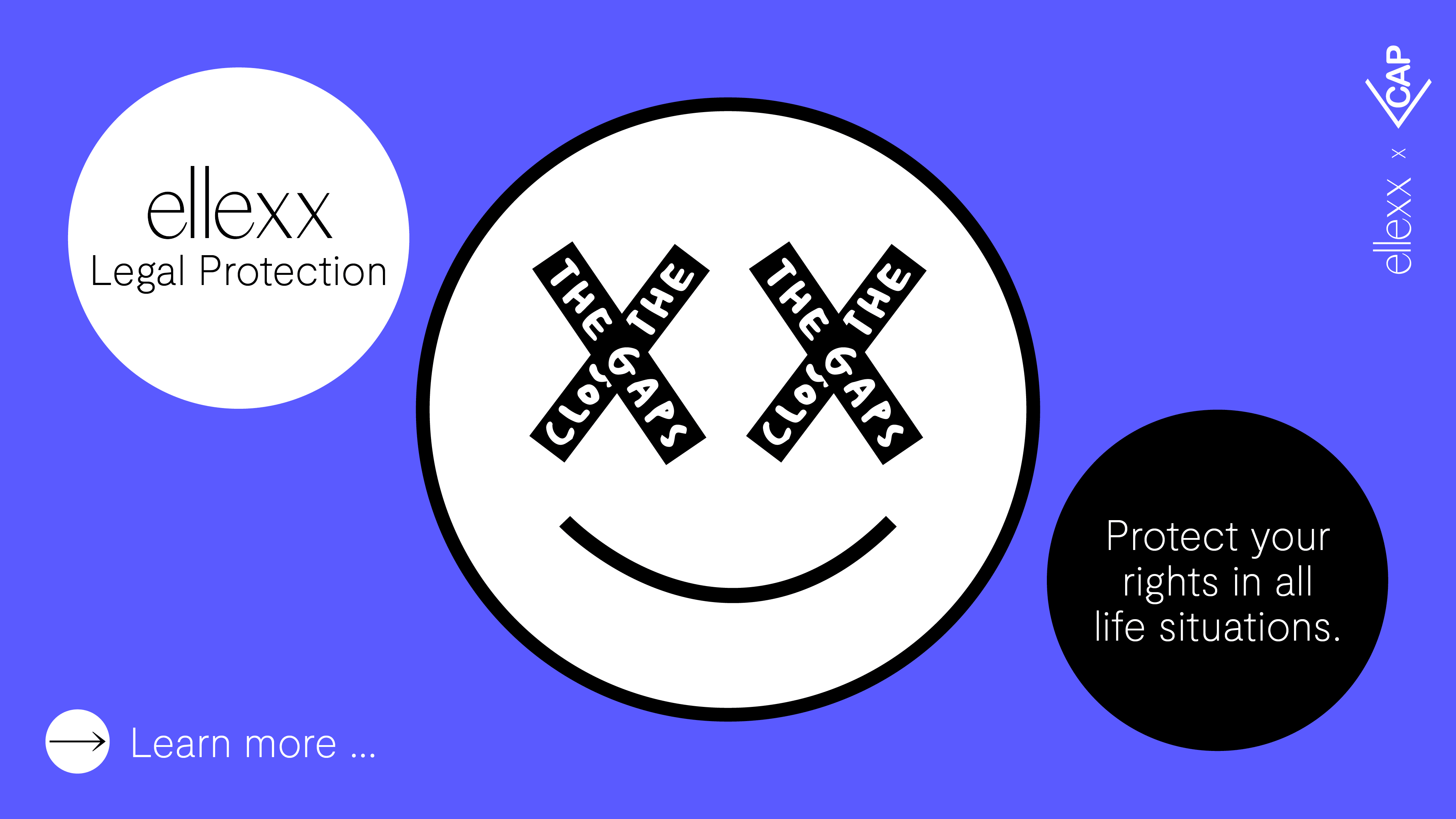I am Elvira, 40, an entrepreneur specializing in healthcare. In my job, I work directly with leading medical experts, like Petra Stute. She is the Chief Physician for Gynecological Endocrinology and Reproductive Medicine at the Women's Clinic at Inselspital in Bern and heads the Menopause Center there. Thanks to such contacts, I know a lot about menopause and have an inkling that my sudden heat might be hormone-related.
I know everything about the symptoms: when they can start, in what form they appear, how many women are affected, how many symptoms there are, and so on. The problem is – no, it’s not my panic. The problem is that too few women possess this knowledge. Although by 2030, a quarter of the world's population will be in menopause, menopause remains a taboo subject in many places. The menopause journey is often misunderstood, causing many women to suffer in silence without proper support. And this can last for years.
Healthcare by Men for Men
"Women have lived for generations in a healthcare system created by men for men." This is noted by the British Parliament in its "Women’s Health Strategy 2021" report. This means that 51% of the population is not adequately researched today. Moreover, women often lack knowledge or the right contacts in health matters – including menopause.
Therefore, here are some important facts and terms about menopause:
The so-called menopausal transition phase or perimenopause corresponds to the actual menopause. It begins in the late 30s, early 40s, and lasts for four to eight years. During this time, the ovaries gradually reduce the production of estrogen and progesterone. These hormonal fluctuations can trigger over 30 symptoms. The most common include hot flashes, sleep disturbances, early awakening, psychological and cognitive complaints such as memory problems, cycle irregularities, weight gain, and lack of libido.
Menopause itself is the actual end of menopause. The term "menopause" refers to the last spontaneous menstrual period in a woman's life. It is usually recognized retrospectively when no menstruation has occurred for a year and there is no other explanation for it (such as a hysterectomy). The average age of menopause is 51 years. After that comes postmenopause, which lasts until death.**
The system can be brought back into balance
In Switzerland, 1.6 million women aged between 40 and 65 live. They will all face menopause sooner or later. The extent of the symptoms can vary greatly. Regardless of how menopause manifests itself, the good news is that all symptoms that bother us can be treated. Those who understand biochemistry know which adjustments can be made to bring the system back (somewhat) into balance. There are various options. The first-line therapy internationally is hormone replacement therapy (HRT). Additionally, there are herbal therapies, acupuncture, and soon a hormone-free preparation that targets hot flashes directly in the brain.
Menoqueen instead of Menopain
For a treatment to be possible, there needs to be awareness of the topic. This is often lacking today, as Prof. Dr. Petra Stute knows: "One of the biggest challenges is the lack of information and old beliefs, such as: This affects other women, but not me. Menopause begins after 50. Hormones cause breast cancer. Hormones make you fat." Although most women grew up in an enlightened environment, knowledge about their own hormones is often lacking. "Many women are surprised that their estrogen and progesterone levels change in their late 30s, early 40s, at a time when many couples are first considering family planning. Menopause is not on their radar. It often comes as a shock," says Stute. Early menopause symptoms are therefore often not recognized as such, which can prolong the suffering.
Those who do deal with the topic or certain symptoms often seek advice on the internet, in magazines, or from friends instead of doctors. A study in which Petra Stute participated shows that on average, 1.5 years pass between the first appearance of symptoms and the prescription of a therapy. Reasons include misattributing symptoms, fear of certain therapies, "doctor shopping," and hoping that everything will soon be over. "The fact is, however, that hot flashes and night sweats can occur for about 7.5 years. Some women experience hot flashes for 20 years," explains the expert, emphasizing that hot flashes are not just a minor discomfort to be joked about: "We now know that hot flashes are a risk factor for cardiovascular diseases, which are still one of the most common causes of death among women."
Career Killer Menopause?
Menopause not only has health consequences for us women. The symptoms can also affect our careers. For many women, the peak of their career coincides with menopause. Various studies show that a quarter of women consider changing jobs due to menopausal symptoms. In the UK, for example, the impact of menopause results in the loss of about 14 million working hours of female employees annually. Research by McKinsey & Company shows that female leaders are leaving companies at unprecedented rates.
At the same time, women in menopause are the fastest-growing demographic group in the workforce. This makes it crucial to recognize their challenges and create supportive and inclusive work environments that meet their needs. Many companies, however, turn a blind eye to hormonal realities. The topic is hardly present in corporate health management. This is a luxury we can no longer afford in times of labor shortages.
Close this Gap
What can we do? Well, there are different levels of action. For us women, the following points are important:
- Take yourself seriously. Don’t dismiss, hide, or suffer through physical, mental, and emotional symptoms. If you notice such symptoms, seek help and medical advice.
- Don’t believe everything you read on the internet; take control of your health and seek out experts.
- Menopause is an ideal time to focus on your health and desires. Demand this for yourself.
- Considering a career change? Menopause can be an opportunity to rethink your professional goals and priorities.
For employers:
- Make your positive attitude towards menopause in the workplace known to show you take the issue seriously and encourage your employees to seek support.
For society:
- Let’s find an open and relaxed approach to the topic, empowering women instead of letting them suffer.
Elvira Häusler is an entrepreneur in healthcare, co-founder, and vice president of the Swiss Association for Value-based Healthcare. She works as a mindfulness trainer in organizations and is also a guest lecturer in the "International Health & Social Management Master" program at the Management Center Innsbruck.**
Prof. Dr. Petra Stute is the Deputy Chief Physician and Head of the Department of Gynecological Endocrinology and Reproductive Medicine at the Women's Clinic at Inselspital Bern. She also heads the Menopause Center at Inselspital.



